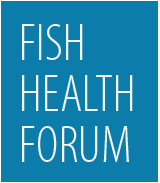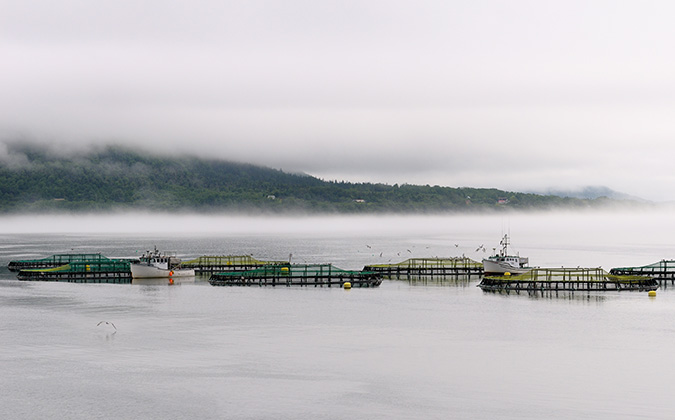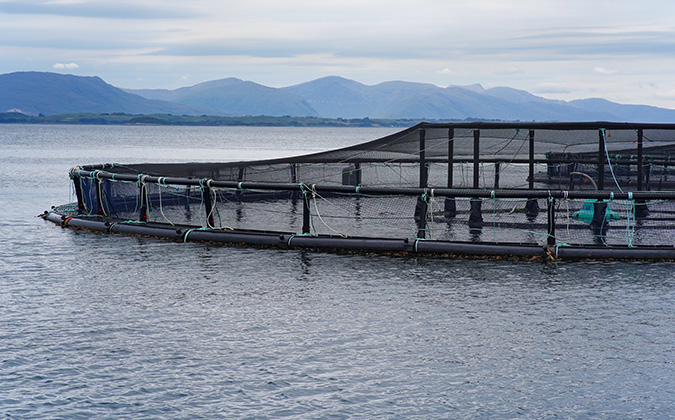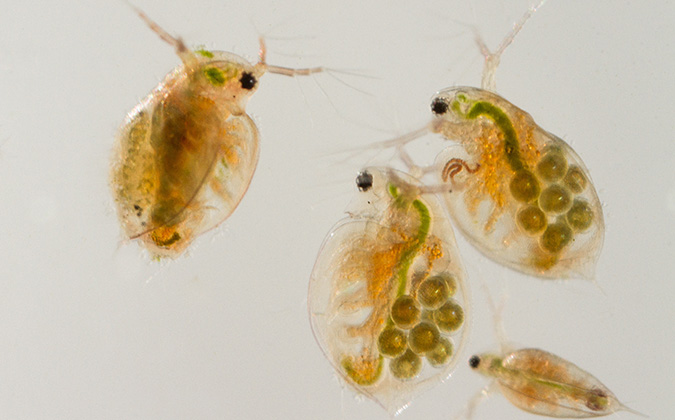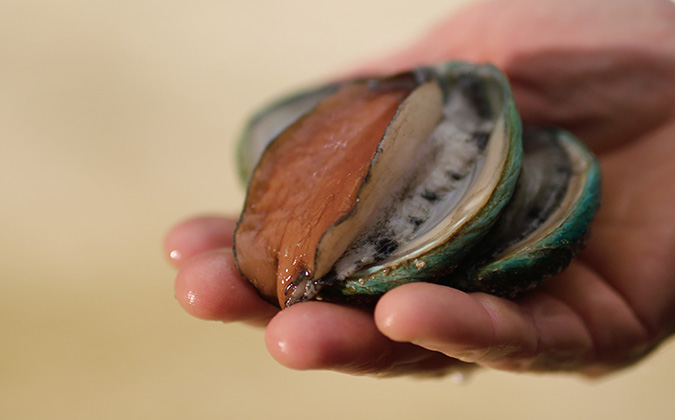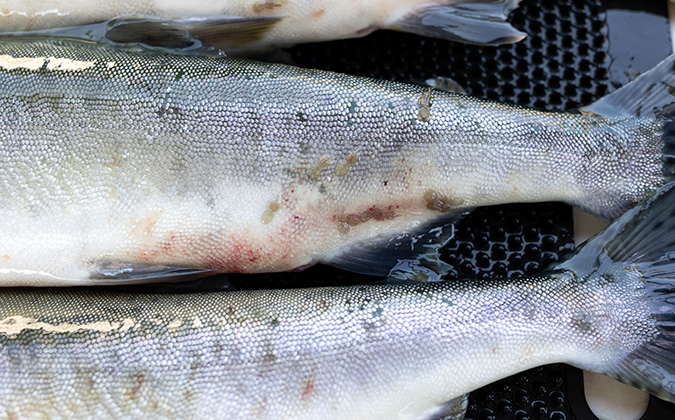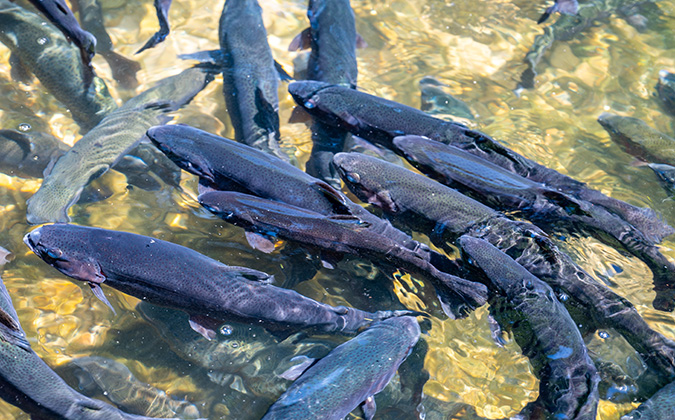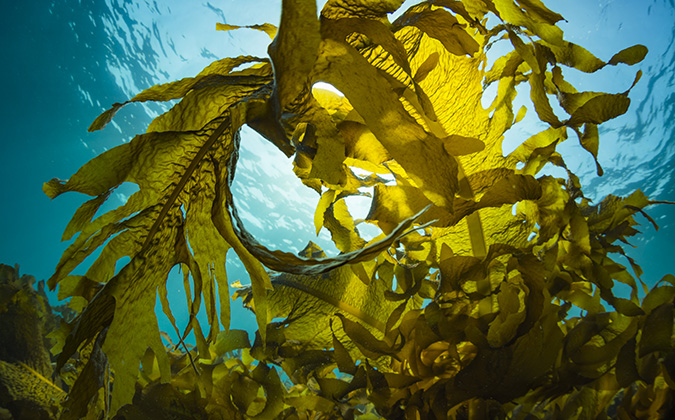
Seaweed supplements show promise as immunostimulants in aquaculture
Supplementing the diets of farmed fish with seaweeds or their extracts has “substantial positive impacts” on fish health, growth and survival, according to new analysis by scientists from the Australian Centre for International Agricultural Research and the University of the Sunshine Coast.
Looking at research to date exploring brown, green and red seaweed supplements, improved immune responses were generally observed compared to controls, the scientists reported in Reviews in Aquaculture. Challenge experiments showed an average of 33% higher survival rates among fish with diets including seaweed, they said. Pathogens of economic importance examined in these studies included Yersinia rukeri, Streptococcus iniae and Aeromonas hydrophila.
“From the reviewed studies, feeding any form of seaweed to farmed finfish improved their immune status and their resistance to pathogens, potentially countering the immunosuppressive effects of stress due to intensive farming or changing environmental conditions,” they explained.
Synergistic effects and no production trade-offs
The scientists suggested that seaweeds perform comparably to immunostimulants currently available and highlighted the combined effects of seaweed and known products, such as the probiotics Lactobacillus plantarum and Shewanella putrefaciens, for the first time.
“The combination of seaweeds and existing immunostimulants resulted in exceptionally high increases for most immune parameters, due to purported synergistic effects,” they said.
A positive relationship was observed between seaweed supplements and fish growth rate in the analysis, and although this was not found to be as strong as the correlation with immune responses, the authors suggested that this implies no trade-off between enhanced immunity and production.
“Disease remains a major bottleneck for the sustainable development of aquaculture worldwide, and, as for livestock, there is an emerging body of evidence for overwhelmingly positive effects of seaweed supplementation on fish immunity, tolerance to stress and growth,” they said.
More focused studies needed
Despite the positive signs, the researchers highlighted difficulties in extrapolating the meaning of results beyond individual experiments, urging further study in order to “fast-track the benefits of seaweed supplements for aquaculture.”
Better selection of species for evaluation and further exploration of the synergistic relationships between seaweed and existing immunostimulants were recommended, as well as molecular identification of seaweed species to provide stronger comparisons and guidance as to which are the most appropriate for mass application.
“Emerging techniques are making investigating relationships between the immunity, health, growth and resistance of fish and their gut microbiomes and gene expression profiles more accessible. As such, future studies will be able to gain a deeper understanding of the untapped potential of seaweed immunostimulants and help the aquaculture industry rise to the enduring challenges posed by disease,” they added.
To read the full article published in Reviews in Aquaculture, click here.
